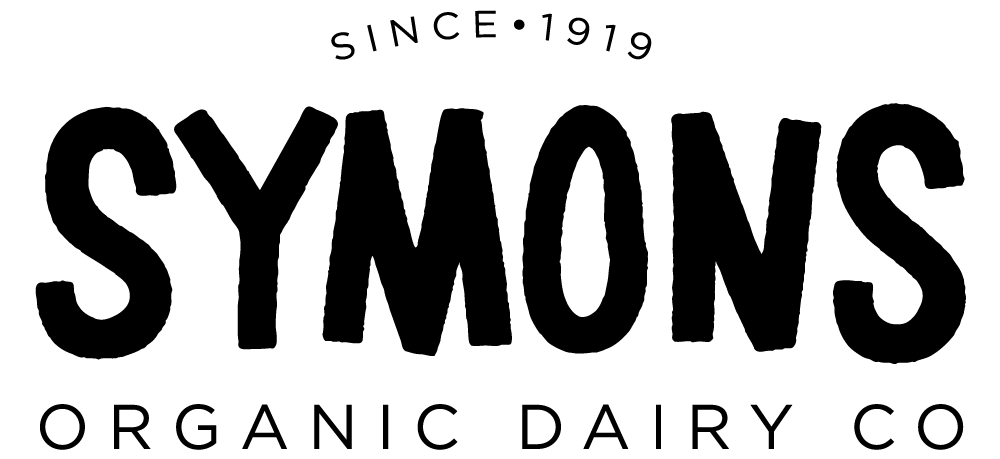KEY POINTS THAT DIFFERENTIATE ORGANIC FARMING FROM OTHER SYSTEMS:
It is our aim to assist in the stewardship of our farming land and to support the environment by providing sustainable returns to the producers of real food – our most basic need.
Conventional farming has depleted the soil, polluted waterways, reduced biodiversity and employed massive amounts of non-renewable resources to produce vast yields of cheap, inferior quality milk. Organic farming is proven to increase soil biology and support biodiversity. Choosing certified organic food is one of the simplest, yet most effective ways that we can help the environment.
No Pesticides
No pesticides, chemical fertilizers or genetically modified plants are used. This means that organic cows feed on a diverse mix of herbs and grasses that grow naturally, free from any chemical contamination.
No Antibiotics or Hormones
The milking cows are not treated with antibiotics or hormones. When they do become sick, they are treated with natural medicines.
Environmental Sustainability
Organic systems place strong emphasis on environmental protection and sustainability. Organic farmers are particularly concerned about the long term health of the land rather than short term gain.

